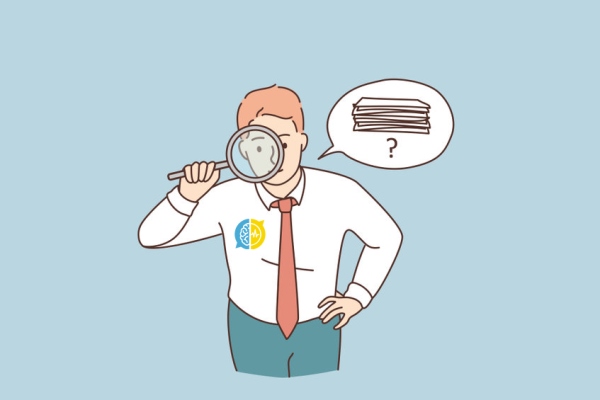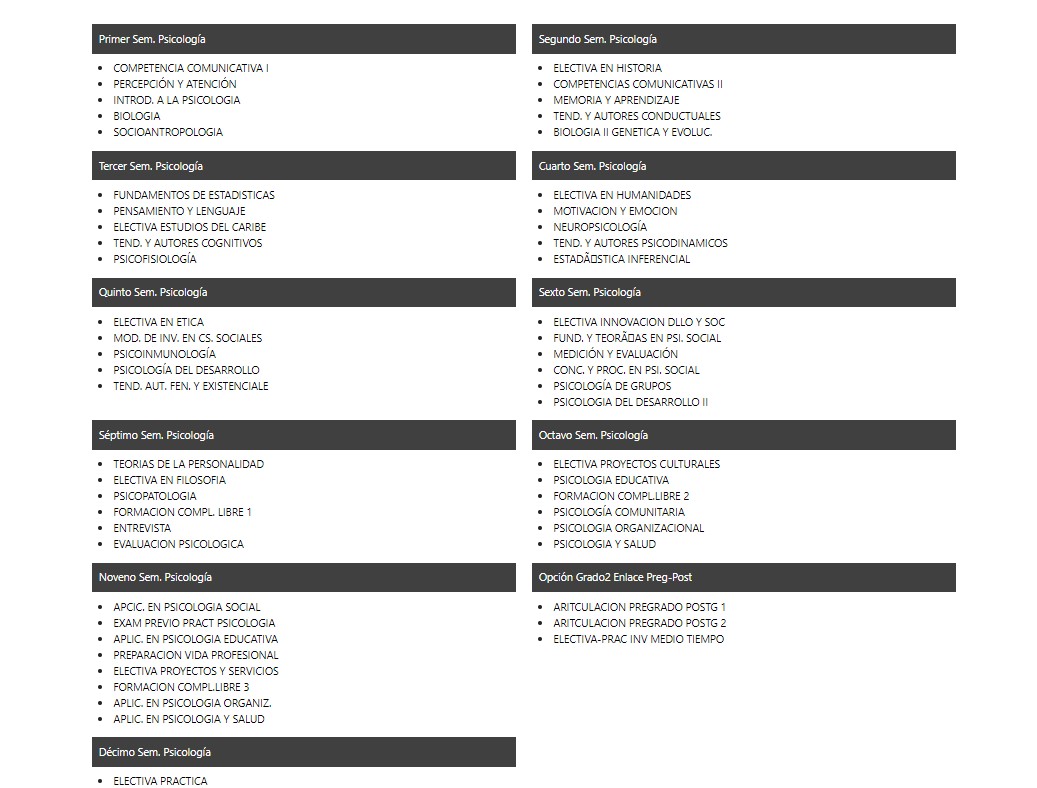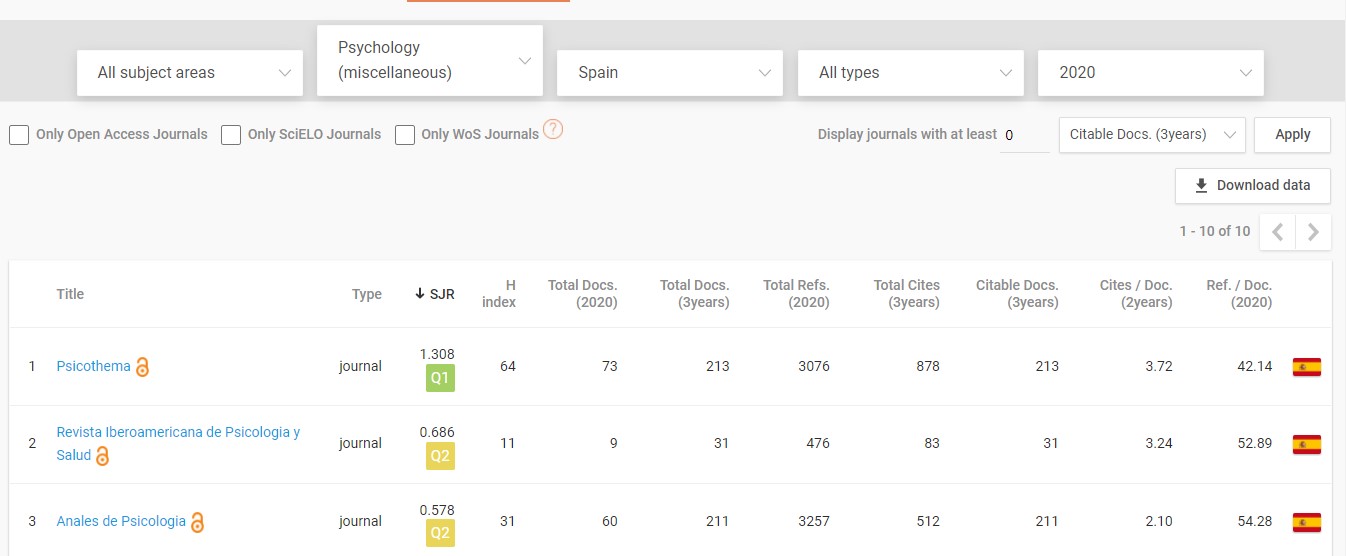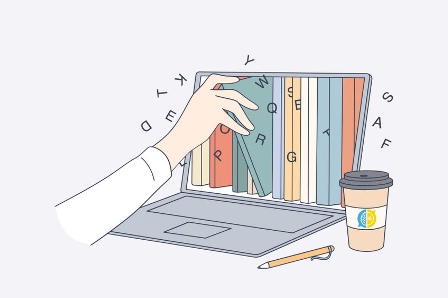
Psychology translations (III). How to specialize through self-learning
In the two previous posts of this miniseries, I've elaborated on why I think psychology translation is a specialized field and what are the characteristics of a qualified psychology translator.
In this last installment, I'd like to share some tips on how to look for information about psychology, along with some basic and specialist resources for people interested. Note: I'm an English to Spanish psychology translator, so almost all the resources I mention are on those languages.
The path to self-learning

For translators, a big part of specializing depends on self-learning. Also, as a translation specialization, psychology isn't that popular (when compared with other fields, like medical translation), so you probably won't find many specific courses. That's why I think self-learning is the way to go for now.
The prospect of having to learn everything about a field all by yourself could be overwhelming, and not many would try it. But you don't have to do and organize everything from scratch.
Go to the source: Psychology curricula

Overview of a psychology curriculum (Universidad del Norte, Colombia)
Most universities publish full details of their psychology programs on their websites, including an overview of the curricula. This gives you a snapshot of the basic elements you need to know, plus the more advanced knowledge you can move on to.
Another useful piece of information you can get from this research is an idea of the subjects that interest you, and that includes the competencies to develop (what are the important terms), the content of the subjects (a structure to organize your self-learning), and the bibliography (where to look for information).
I also suggest checking universities that match your language variant/country of interest, as many terms could change, especially those related to healthcare, as I explained in this post about how to be a licensed psychologist in two countries. As an example, take a look at the curriculum from a psychology program in Colombia and one from Spain.
You can use this information-gathering method for undergraduate level, but it also works for postgraduate content, particularly if you're interested in a specific topic that's more advanced. As a first stop, university websites are a fount of useful information.
Get started with specialized resources

View of popular indexed journals in Spain
For translators, good resources are worth their weight in gold. In this section, I discuss resources that can help anyone interested in this field to familiarize themselves with the way professionals write/speak. I also list some resources that will help you specifically as a translator.
Psychology resources
The options I'm presenting here range from advanced to introductory levels.
Licensing boards and bodies
Aside from looking at curricula, another useful resource is the licensing board from the countries/regions of your interest. Useful information you can get here: the subfields and divisions represented in this body or information about how to become licensed in the countries of your interest, which can come in handy in some translations.
For instance, the American Psychological Association has a lot of information, as do the General Council of Psychology in Spain and the British Psychological Society.
Journals
For more specialized resources, journals are always a good idea. If you don't know which journals to prioritize, you might want to start looking for the ones that are indexed and filter by psychology and specific regions. So, if you're interested in learning about psychology in Spanish from Spain, “Psicothema” and “Revista Iberoamericana de Psicología y Salud” could be a good place to start.
You could also look for specific subfields; for example, the “Journal of Organizational Behavior” or “Psychometrika” touch on interesting and specific subfields.
Professional development and summer sessions
Most universities have a dedicated section for free and paid courses. For example, the University of Stanford has a list of courses available that include education and healthcare. They also offer summer sessions you can attend during the vacation period (this is an example from the University of Málaga).
Trade events
To focus on symposiums and conferences, check websites that aggregate all this information. For example, this website shows you major events in the Spanish-speaking world for 2022. You can also check university department pages to find smaller events (that are usually free!), like this psychology department's Instagram page.
MOOCs
MOOCs are widely used these days. They are (almost always) free courses, taught by university faculty, that are quick introductions to specific topics, offered through different platforms like Coursera, EdX, etc. Some examples of introductory and specialized courses are Introduction to Psychology, Recruiting and Selecting the Right Person, or Health Psychology.
Podcasts and videos
Podcasts have never been so big; if this is your thing, you have loads of options. The APA has a very interesting one called Speaking of Psychology, which presents the latest research in psychology. What's more, the episodes are short (which I prefer). Another popular one is The Psychology Podcast. There are more worth listening to in different languages. I must confess, though, that I'm not a podcast fan, so there are probably many more I don't know about.
Don't forget to check out video platforms like YouTube or Twitch, where you can find professionals who popularize psychology topics. Some examples in Spanish are Psico Fácil (research methodology, general topics), enGrama (behavior analysis, psychotherapy), and Psicometríes (psychometrics and data analysis).
Some translation-related resources

You're not exactly spoiled for choice when it comes to psychology-specific resources for translators, but there are a few I've found over the years.
Dictionaries
There are monolingual and bilingual dictionaries like the “Diccionario de Psicología y Psiquiatría” (López Galán) and the “Routledge Spanish Bilingual Dictionary of Psychology and Psychiatry” (Kaplan). As always, choosing the right term suggested in dictionaries depends on your understanding of the context, for example, the main variant used in the dictionary, the subfield, etc.
I much prefer other dictionaries that give you several options and explain the reasons for choosing one over the other, and even give you options for different Spanish variants. That's why I'm a big fan of the “Dictionary of Doubts and Difficulties in English-Spanish Medical Translation” (Navarro). This is mainly a medical dictionary, but it has lots of psychology terms (and I've been suggesting more!).
Another one I like is the “Diccionario para la corrección terminológica en psicopatología, psiquiatría y psicología clínica” (Portugal Fernández), as it also comments on options and does a bit more than a standard dictionary.
Glossaries
The Panace@ journal is a great free resource for anything medical and also for some psychology glossaries, for example, the dementia glossary or a psychiatric terms review.
Conclusion
I hope the resources listed here have given you some useful tips for starting out or delving deeper into psychology translation. As mentioned in my last post, CPD and access to the right resources are some of the “pillars” for translators specializing in a field.
I've listed free and paid options that could be your first step toward specializing. Try to prioritize information coming from psychologists, researchers, and university faculty. It's easy to find non-experts talking about psychology topics, but this won't help you get the specialized terminology you need as a translator.
I hope this miniseries has thrown some light on what this field is all about, what is needed to work in it, and where to go to for information.
This is part of the Psychology Translation miniseries:
- Psychology translations (I). Psychology translation as a specialism
- Psychology translations (II). Paths to specialization: Qualified psychology translators
- Psychology translations (III). How to specialize through self-learning YOU'RE HERE!

is a psychologist and English to Spanish translator. She specializes in the fields of psychology, healthcare and medicine, and education. In this blog, she writes about everything she knows or has learned that could be useful or of interest to you!